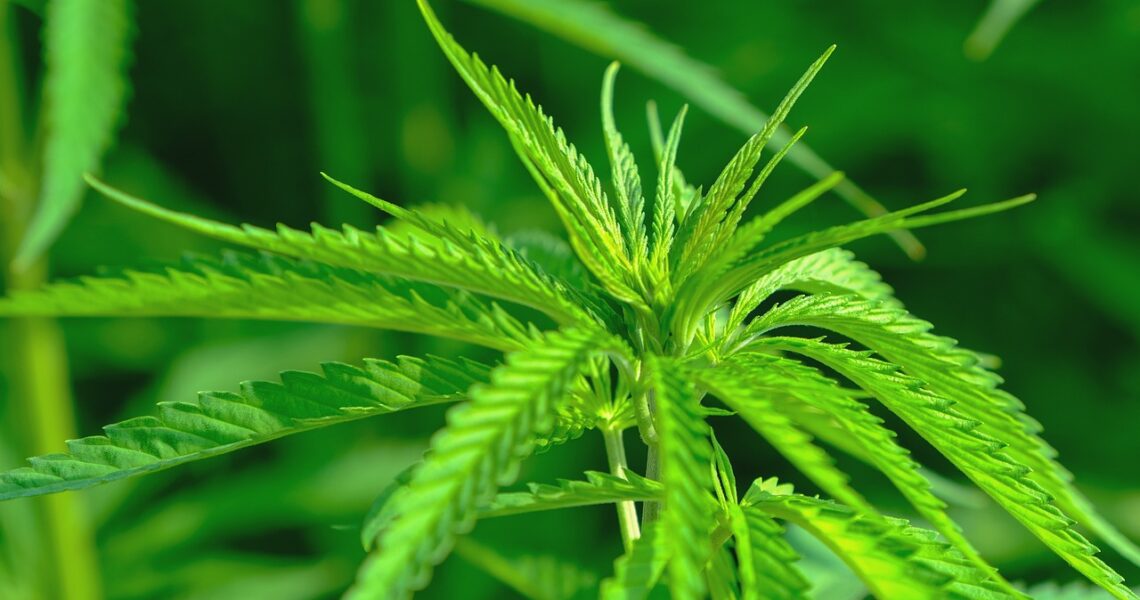The world of cannabis is vast and varied, offering a multitude of compounds that contribute to its effects and benefits. Among these, THCA (tetrahydrocannabinolic acid) stands out as a non-psychoactive cannabinoid found in raw cannabis. This article explores the unique properties of Top THCa strains for energy, its potential benefits, and its role in the cannabis industry.
Understanding THCA: The Basics
THCA is the acidic precursor to THC, the compound responsible for the psychoactive effects of cannabis. In its raw form, THCA does not produce the “high” associated with THC. This transformation occurs through a process called decarboxylation, which involves heating the cannabis. When consumed raw, THCA offers a different set of benefits without the psychoactive effects.
The Chemistry Behind THCA
THCA is formed in the trichomes of the cannabis plant. These tiny, hair-like structures are rich in cannabinoids and terpenes. As the plant matures, THCA accumulates, remaining stable until exposed to heat. This stability makes it an interesting compound for those seeking the therapeutic benefits of cannabis without intoxication.
Potential Benefits of THCA
Research into THCA is still in its early stages, but preliminary studies and anecdotal evidence suggest several potential benefits:
- Anti-inflammatory Properties: THCA may help reduce inflammation, making it a potential option for those with conditions like arthritis.
- Neuroprotective Effects: Some studies indicate that THCA could protect brain cells, offering hope for neurodegenerative diseases.
- Anti-emetic Benefits: THCA might help alleviate nausea and vomiting, particularly in chemotherapy patients.
- Appetite Stimulation: Like THC, THCA may stimulate appetite, which can be beneficial for individuals with eating disorders or undergoing treatments that reduce appetite.
THCA Flower in the Cannabis Market
The cannabis industry is increasingly recognizing the value of THCA flower. As consumers become more educated about cannabinoids, the demand for non-psychoactive options grows. THCA flower is now available in various forms, including raw buds, tinctures, and capsules.
Consumer Preferences and Trends
Many consumers are drawn to THCA flower for its potential health benefits without the high. This makes it appealing to a broader audience, including those who may be hesitant to try traditional cannabis products. The trend towards wellness and natural remedies further fuels interest in THCA.
Case Studies and Real-World Applications
Several case studies highlight the potential of THCA in real-world applications. For instance, some patients with chronic pain have reported relief after incorporating THCA into their regimen. Similarly, individuals with inflammatory conditions have noted improvements in symptoms.
How to Use THCA Flower
Consuming THCA flower involves different methods compared to traditional cannabis. Here are some popular ways to incorporate it into your routine:
- Juicing: Fresh cannabis leaves and buds can be juiced to retain THCA’s raw form.
- Salads and Smoothies: Adding raw cannabis to salads or smoothies is another way to consume THCA.
- Tinctures and Capsules: These products offer a convenient way to measure and consume THCA.
Legal Considerations
The legal status of THCA varies by region. While it is non-psychoactive, its association with cannabis means it may be subject to similar regulations. Consumers should research local laws before purchasing or using THCA products.
Conclusion
THCA flower represents a fascinating aspect of cannabis, offering potential health benefits without the psychoactive effects. As research continues, its role in the wellness industry is likely to expand. For those interested in exploring cannabis in its raw form, THCA provides a promising option.
